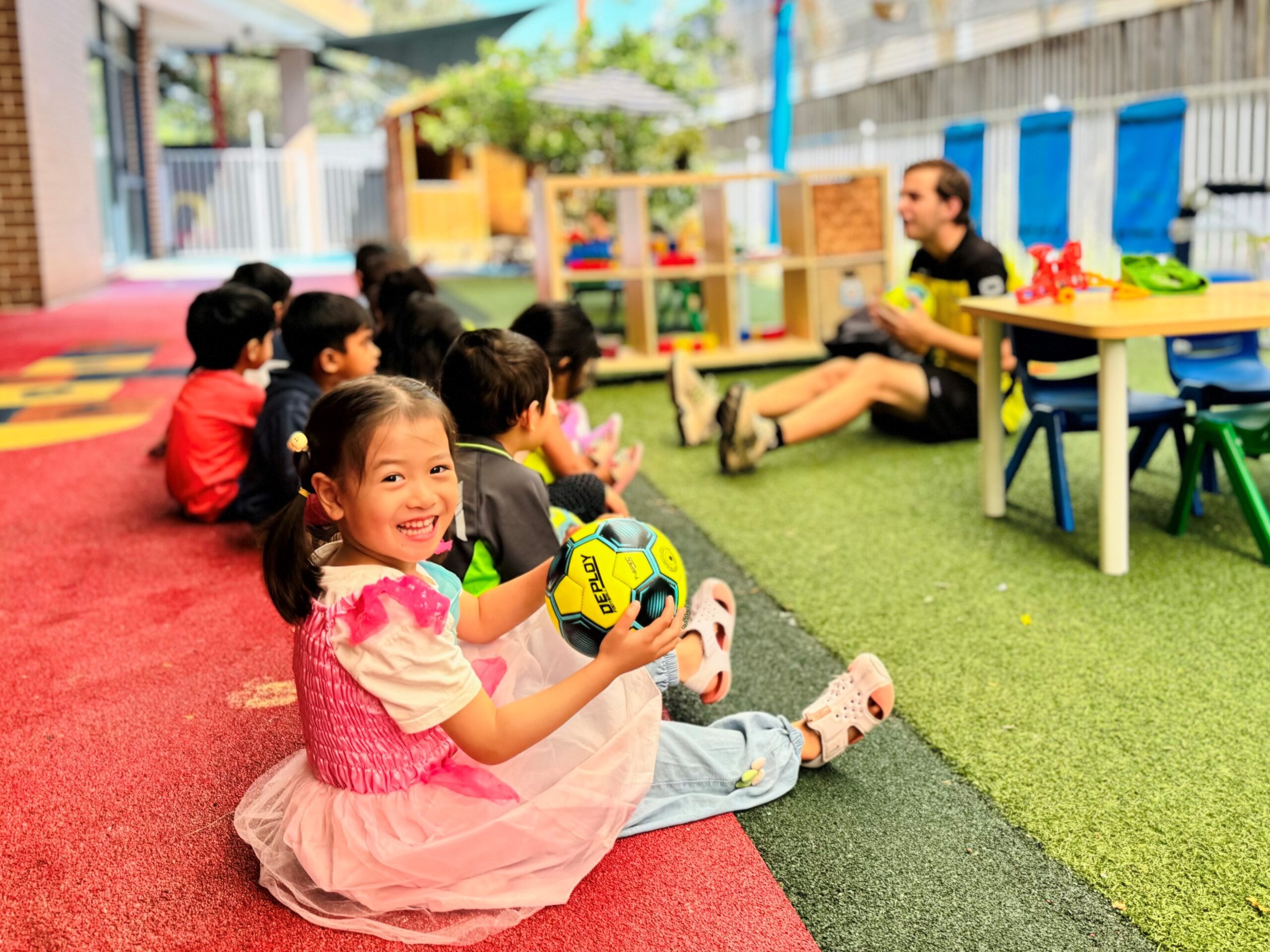
Starting early childhood education and care is a significant milestone for both children and parents. It marks the beginning of a new chapter filled with learning, growth, and social interaction. However, this transition can also be accompanied by anxiety and uncertainty. Here are some strategies to help make this process as smooth and positive as possible for your child.
1. Prepare Ahead of Time
Preparation is key to easing the transition into early childhood education and care. Start by:
- Talking about it: Discuss the upcoming change with your child in a positive and reassuring manner. Explain what they can expect, such as meeting new friends and educators, exploring different activities, and learning new things.
- Visit the centre: Before you enrol at Papilio, you will need to take a tour of the centre. We recommend you and your child also visit the centre for a free 'Stay & Play' prior to their first official day too. This helps familiarise your child with the new environment, introduces them to their peers and educators, and can help reduce anxiety.
- Read books: Share stories about starting school or child care. Books featuring characters going through similar experiences can provide comfort and understanding. We love A Kissing Hand for Chester Raccoon and Ladybirds Do Not Go to Day Care.
2. Establish a Routine
Children thrive on routine and predictability. Establishing a consistent daily routine can help them feel secure and prepared for the transition to child care. Consider:
Morning routine: Create a morning routine that includes getting ready for their day at Papilio in a calm and orderly manner. Practice this routine a few days before the first day to build familiarity.
Consistent drop-off: Aim for consistent drop-off and pick-up times. Knowing when to expect these events can provide a sense of stability.
3. Create a Goodbye Ritual
A special goodbye ritual can provide comfort and reassurance to your child. This could be a special hug, a secret handshake, or a cheerful phrase you say every day. Make it brief and positive to help your child feel confident and loved.
4. Stay Positive and Calm
Children often pick up on their parents’ emotions. Stay positive and calm when discussing and approaching the new transition. Your confidence will help your child feel more secure and excited about the new experience.
5. Pack Comfort Items
Allow your child to bring a comfort item from home, such as a favourite toy, blanket, or family photo. Having a familiar object can provide emotional support and help ease the transition into the new environment.
6. Communicate with Educators
Building a relationship with your child’s educators and teachers is crucial. Share important information about your child’s likes, dislikes, routines, and any concerns you might have. Open communication ensures that Papilio educators can provide the best support for your child’s needs.
7. Gradual Start
If possible, arrange for a gradual start to the new early childhood education and care routine. This might include shorter days initially, allowing your child to slowly adjust to the new environment and routines without feeling overwhelmed. Speak to your Centre Manager for advice in this area.
8. Encourage Social Skills
Help your child develop social skills by arranging playdates with other children who will be attending the same centre. Familiar faces can make the transition easier and provide a sense of companionship.
9. Be Patient and Supportive
Understand that every child adjusts at their own pace. It’s normal for some children to take longer to feel comfortable in a new setting. Offer patience, support, and encouragement during this period. Celebrate small successes and reassure your child that it’s okay to feel a range of emotions.
10. Reflect and Adjust
Regularly check in with your child about their feelings and experiences at Papilio. Adjust your approach based on their feedback and any observations from their educators. Flexibility and responsiveness are key to a successful transition.